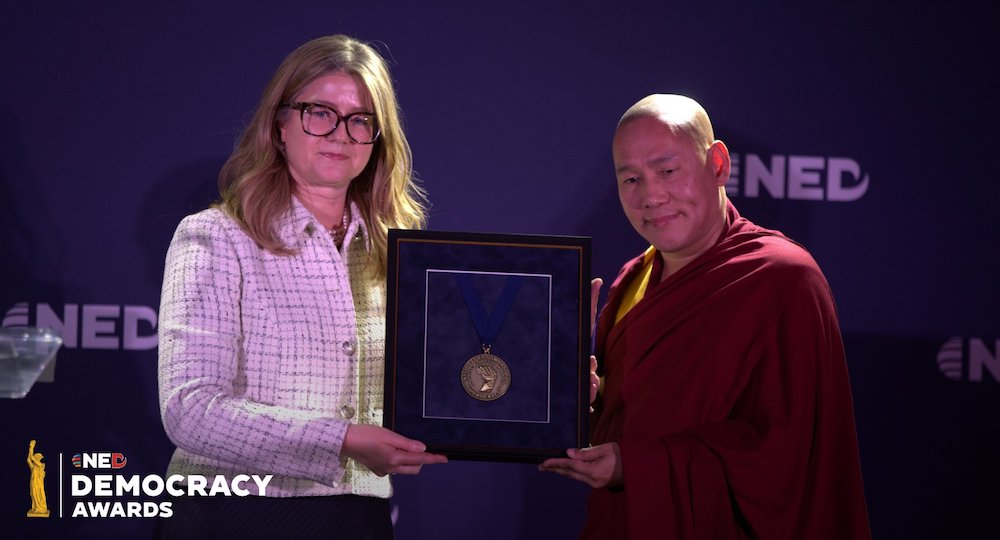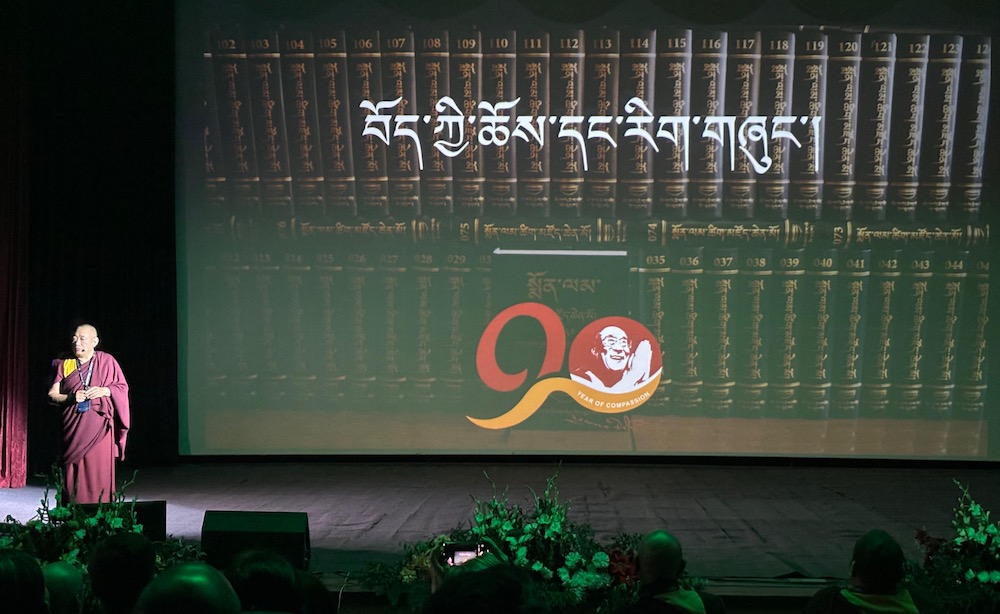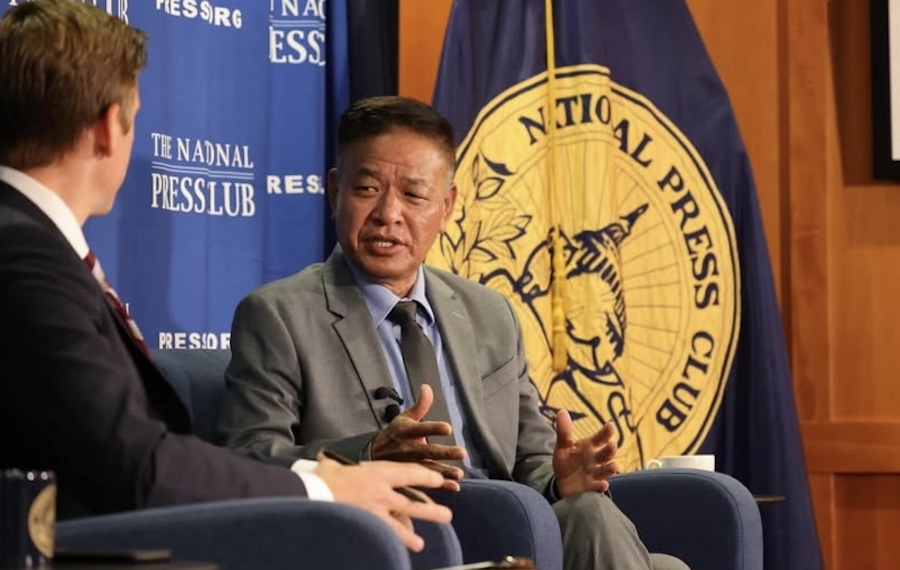Tsering Dhundup
DHARAMSHALA, May 19: On the 30th anniversary of the enforced disappearance of Gedhun Choekyi Nyima on May 17, the 11th Panchen Lama of Tibet, political leaders across the globe have renewed calls for transparency and justice, urging China to disclose his whereabouts and release him from custody.
The Panchen Lama, who was six years old when Chinese authorities abducted him on May 17, 1995, has not been seen in public for three decades. As Tibet’s second-highest spiritual leader after the Dalai Lama, his continued disappearance has raised significant concerns about religious freedom in Tibet and China’s treatment of Tibetan Buddhism.
Seven Members of the European Parliament (MEPs) from four political groups have tabled urgent questions to EU High Representative Kaja Kallas, seeking clarity on the Panchen Lama’s whereabouts and urging the EU to take stronger action advocating for his release.
The MEPs, including Dainius Žalimas, Mariusz Kamiński, and Petras Auštrevičius, have expressed “deep concerns” over the Panchen Lama’s abduction and subsequent silence from Chinese authorities.
Their formal questions include whether the EU has engaged with China regarding the Panchen Lama’s whereabouts, whether the issue will be raised during upcoming EU-China strategic dialogues, and the EU’s position on China’s expressed intention to interfere in the reincarnation process of the current Dalai Lama.
In the United States, Senate Foreign Relations Committee Chairman Jim Risch (R-Idaho) and ranking member Jeanne Shaheen (D-NH) issued a joint statement condemning China’s actions.
“Beijing’s abduction of the Panchen Lama was an affront to the Tibetan people and their pursuit of religious freedom,” the statement read. “For decades, China has denied Tibetans the right to self-determination and refused to engage in direct dialogue with the Dalai Lama or his representatives.”
The senators called for Beijing to “provide credible evidence of Gedhun Choekyi Nyima’s well-being and for his immediate release”, while vowing continued US support for Tibetan rights.
Italian Senator Andrea De Priamo, President of the Italian Tibet Interparliamentary Group, issued a strongly worded statement criticising China for appointing a “state-selected figure” as Panchen Lama who “lacks spiritual legitimacy and is widely rejected by the Tibetan people.”
Meanwhile, Frank Schwabe, Germany’s Federal Government Commissioner for Freedom of Religion or Belief, directly called on China to “release the 11th Panchen Lama, Gedhun Choekyi Nyima,” and ensure that “Tibetan Buddhists can practice their religion in accordance with international human rights standards.”
Members of the Swiss Parliamentary Group for Tibet also issued a joint statement urging their government to pressure China for the immediate release of Gedhun Choekyi Nyima and his family members.
The Panchen Lama traditionally plays a crucial role in identifying the reincarnation of the Dalai Lama and vice versa. Many observers believe China’s detention of the recognised Panchen Lama and installation of its own candidate are part of a strategy to control the future selection of Tibetan Buddhist leaders, including the next Dalai Lama.
The current Dalai Lama, now 89 years old, has lived in exile since fleeing Tibet in 1959. Despite three decades of international appeals, China has provided minimal information about the Panchen Lama’s status, maintaining only that he is “living a normal life” but refusing to disclose his location or allow independent verification of his well-being.
Human rights organisations continue to list Gedhun Choekyi Nyima as one of the world’s longest-held political prisoners, having spent the majority of his life, now 36 years old, in detention at an undisclosed location.










